detail profile ant c3 b4nio pomp c3 aao
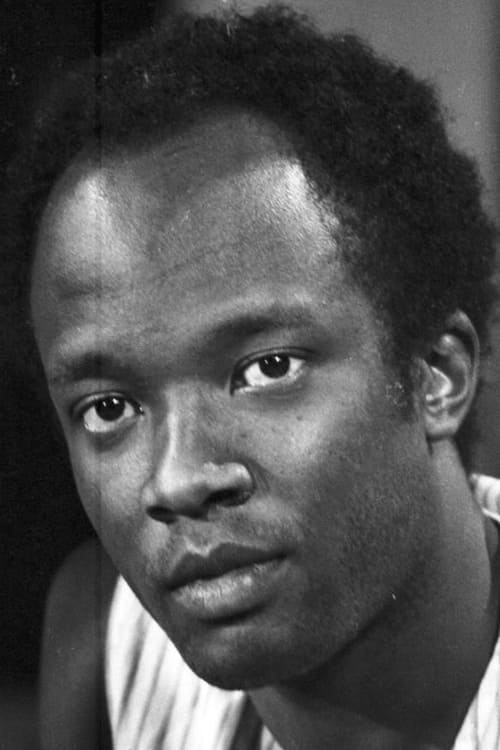
Antônio Pompêo
Antonio Pompeu
atau dikenal sebagai
Peran Yang Di Mainkan Antônio Pompêo
 What does Brazilian cinema tell us...
What does Brazilian cinema tell us...Pressed, Ripped Apart 2019
What does Brazilian cinema tell us? What does Brazilian cinema tell us about black actresses and actors? ‘Pressed, Ripped Apart’ makes use of archival sources to retrieve the trajectory of black actresses and actors who, between absences and delimited presences, between the fallacy of a racial democracy – based on the harmony among Brazil’s diverse identities – and erasure of identity, strain the history of Brazilian audiovisual and above all, our own history.
 The life and work of Zez...
The life and work of Zez...Black Fragments of Samba - Zezé Motta, The Enchanted Woman 1987
The life and work of Zezé Motta.
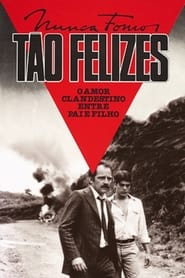 During the military dictatorship a political...
During the military dictatorship a political...Happier Than Ever 1984
During the military dictatorship, a political militant takes his son out of the boarding school, and puts him temporarily in a friend's luxury and empty apartment in Copacabana beach. The son knows very little about his father, and the latter cannot really explain his activities to his son, fearing for his security. So the young man stands alone in the huge apartment, waiting for the infrequent meetings with his father, without really knowing what's going on.
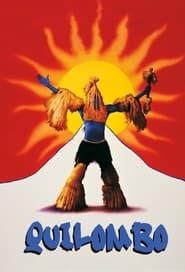 Quilombo dos Palmares was a reallife...
Quilombo dos Palmares was a reallife...Quilombo 1984
Quilombo dos Palmares was a real-life democratic society, created in Brazil in the 17th century. This incredibly elaborate (and surprisingly little-known) film traces the origins of Quilombo, which began as a community of freed slaves. The colony becomes a safe harbor for other outcasts of the world, including Indians and Jews. Ganga Zumba (Toni Tornado) becomes president of Quilombo, the first freely elected leader in the Western Hemisphere. Naturally, the ruling Portuguese want to subjugate Zumba and his followers, but the Quilombians are ready for their would-be oppressors. The end of this Brave New World is not pleasant, but the followers of Zumba and his ideals take to the hills, where they honor his memory to this day. Writer/director Carlos Diegues takes every available opportunity to compare the rise and fall of Quilombo with the state of affairs in modern-day Brazil.
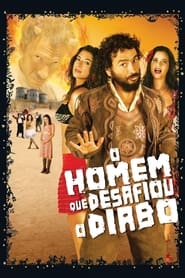 After being forced into a marriage...
After being forced into a marriage... The strange friendship between two men...
The strange friendship between two men... Rio de Janeiro 1886 A precious Stradivarius...
Rio de Janeiro 1886 A precious Stradivarius...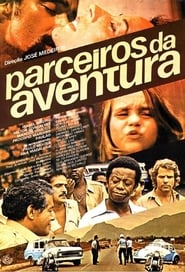 Rio de Janeiro crooks rove about...
Rio de Janeiro crooks rove about...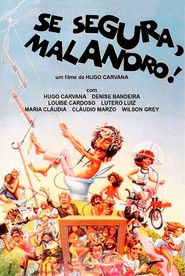 Paulo Otvio is the host of...
Paulo Otvio is the host of...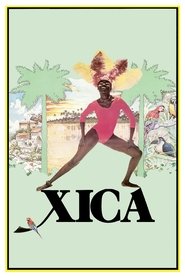 The romanced story of Xica da...
The romanced story of Xica da...